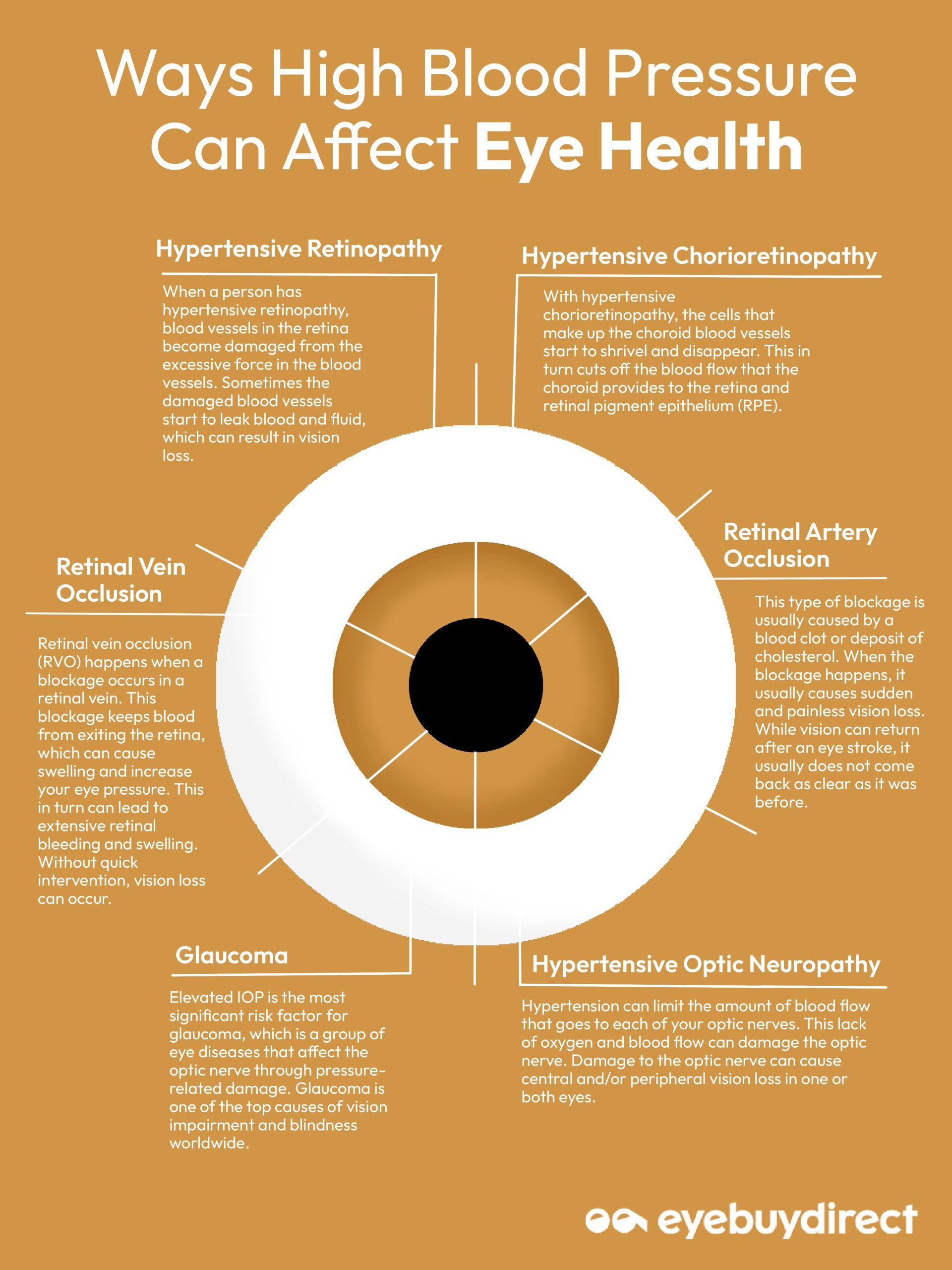A lack of blood to your eyes can have serious consequences. Reduced blood flow may lead to vision problems, such as blurred vision or even vision loss. The eyes rely on a steady supply of oxygen and nutrients carried by the blood to function properly. Without an adequate blood supply, the delicate tissues in the eyes can suffer damage. Understanding the impact of blood flow on eye health is crucial for maintaining good vision.
What Can a Lack of Blood Do to Your Eyes
Welcome to our blog where we delve into an important topic that affects our eyes – the impact of a lack of blood on our precious vision. The eyes are incredible organs that rely on a steady supply of blood to function properly. When this supply is disrupted or reduced, it can have serious consequences for our eyesight. Let’s explore in detail what happens when there is a lack of blood flowing to our eyes.
The Role of Blood in Eye Health
Before we dive into the effects of a lack of blood on our eyes, let’s understand the crucial role that blood plays in maintaining eye health. The eye is a complex organ with various structures such as the cornea, lens, retina, and optic nerve that work together to help us see the world around us.
When blood flows to the eyes, it delivers essential nutrients and oxygen that are needed for these structures to function properly. Blood also helps remove waste products and toxins, ensuring that the eyes stay healthy and functional. Without an adequate blood supply, the eyes can suffer from a range of issues that can impact vision.
Effects of Reduced Blood Flow to the Eyes
Now, let’s explore what can happen when there is a lack of blood reaching the eyes. Reduced blood flow can result from various factors such as cardiovascular diseases, diabetes, high blood pressure, or even eye-specific conditions like glaucoma. Here are some of the potential effects:
1. Vision Changes
One of the most immediate effects of a lack of blood flow to the eyes is changes in vision. You may experience blurry vision, difficulty focusing, or even temporary blindness in severe cases. When the eyes are deprived of oxygen and nutrients, their ability to process visual information is compromised.
2. Eye Pain and Discomfort
A lack of blood flow can also lead to eye pain and discomfort. The eyes may feel dry, irritated, or strained due to inadequate nourishment. This can impact your overall comfort and make it challenging to carry out daily activities that require clear vision.
3. Increased Risk of Eye Diseases
Another significant consequence of reduced blood flow to the eyes is an increased risk of developing eye diseases. Conditions such as diabetic retinopathy, retinal vein occlusion, and ischemic optic neuropathy are more likely to occur when the eyes are not receiving an ample blood supply. These diseases can have long-term effects on vision and may even lead to permanent damage if left untreated.
Preventing a Lack of Blood Flow to the Eyes
While the effects of a lack of blood flow on the eyes can be concerning, there are steps you can take to help maintain a healthy blood supply to your eyes. Here are some tips to prevent this issue:
1. Maintain a Healthy Lifestyle
Eating a balanced diet, exercising regularly, and managing conditions like diabetes and high blood pressure can help promote good blood circulation throughout your body, including your eyes. A healthy lifestyle can go a long way in preventing issues related to blood flow.
2. Get Regular Eye Exams
Regular eye exams are essential for monitoring the health of your eyes and catching any issues early on, including those related to blood flow. Your eye doctor can detect signs of poor circulation and recommend appropriate treatments to prevent further damage.
3. Follow Treatment Plans
If you have a condition that affects blood flow to the eyes, such as glaucoma or hypertension, it is crucial to follow your treatment plan as prescribed by your healthcare provider. Managing these conditions effectively can help reduce the risk of complications that may impact your vision.
In conclusion, a lack of blood flow to the eyes can have significant consequences on our vision and eye health. Understanding the importance of proper circulation and taking steps to maintain a healthy blood supply is crucial for preserving our eyesight. By prioritizing our overall health and seeking timely medical care, we can protect our eyes from the negative effects of reduced blood flow. Remember, your eyes are precious, so take good care of them!
Bloodshot Eyes | What Causes Bloodshot Eyes and How to Get Rid of Them | Doctor Eye Health
Frequently Asked Questions
How does a lack of blood affect the eyes?
A lack of blood flow to the eyes can lead to various eye disorders and vision problems. Blood supplies oxygen and nutrients to the eye tissues, and reduced blood flow can cause damage to the retina, leading to vision impairment.
What are the potential consequences of reduced blood supply to the eyes?
Reduced blood supply can cause conditions like retinal vein occlusion, ischemic optic neuropathy, and diabetic retinopathy, all of which can result in vision loss if not treated promptly.
Can insufficient blood flow to the eyes cause eye pain?
Yes, insufficient blood flow can lead to eye pain, especially if it results in conditions like acute angle-closure glaucoma, which can cause severe eye pain, redness, and blurred vision.
How does poor blood circulation impact the health of the eyes?
Poor blood circulation can impair the functioning of the eyes by depriving them of essential nutrients and oxygen. This can lead to conditions such as macular degeneration, retinopathy, and vision loss.
Final Thoughts
A lack of blood supply to your eyes can lead to serious vision problems. Inadequate blood flow can cause damage to the delicate tissues in the eyes, resulting in issues such as blurry vision and even vision loss. It is crucial to maintain good blood circulation to ensure that your eyes receive the necessary nutrients and oxygen to function properly. Remember, what can a lack of blood do to your eyes can have a significant impact on your overall eye health.



